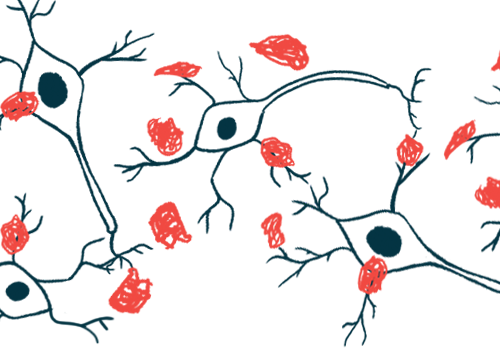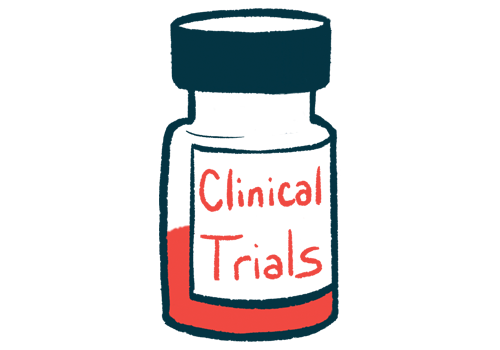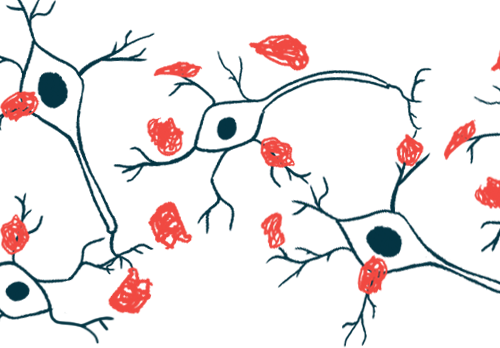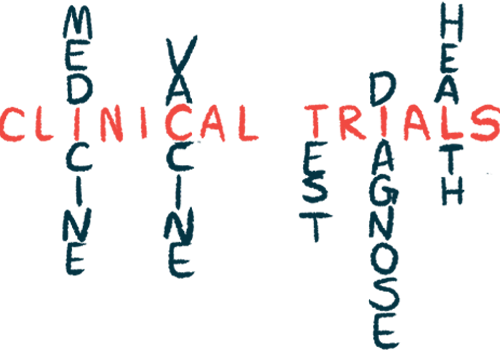A recent proposal to limit Medicare coverage for Aduhelm (aducanumab) and similar medicines to Alzheimer’s disease patients who are enrolled in clinical trials ignores current science and would drastically curtail access these therapies, UsAgainstAlzheimer’s argues. UsAgainstAlzheimer’s (UsA2), based in Washington, D.C., is founded by family members of people affecting by Alzheimer’s. Its comment letter was in response to…
Category: Alzheimer’s
Optimized Amyloid-targeting Vaccine ACI-24 Shows Promise in Animal Studies
An optimized version of ACI-24, an experimental vaccine designed to induce an immune response against abnormal protein clumps that drive Alzheimer’s disease, was able to induce a powerful immune response — as intended — and generally was well-tolerated in animal studies. Scientists at AC Immune, which is developing ACI-24, published the findings in Brain Communications,…
Plan to Limit Medicare Coverage of Aduhelm Called ‘Not Patient-centered’
A recent proposal that Medicare only cover Aduhelm (aducanumab) for patients with Alzheimer’s disease who are enrolled in clinical trials is needlessly restrictive, and will prevent many people from accessing a medication that may be able to help them. That’s the argument made by Jeffrey Cummings, MD, a professor of brain health at the University…
FDA Puts Full Hold on Clinical Testing of Cortexyme’s COR388
The U.S. Food and Drug Administration (FDA) has placed a full clinical hold on COR388 (atuzaginstat), an investigational oral therapy Cortexyme is developing for Alzheimer’s disease and now cancer. The decision means that Cortexyme will not be allowed to conduct in-person testing of COR388 until further notice. The company will provide further updates pending additional communication…
Dosing Begins in Trial of CY6463 for Patients With Cardiovascular Risk
Patient dosing has begun in Cyclerion Therapeutic’s Phase 2a trial testing CY6463, a disease-modifying therapy for people with Alzheimer’s disease who have cardiovascular risk factors — health conditions that increase the risk of heart disease. The experimental oral therapy is designed to improve cognition and function in people with Alzheimer’s. “We believe that CY6463 has potential…
Aduhelm Phase 4 ENVISION Study to Increase Participant Diversity
Up to 18% of U.S. participants in ENVISION — a Phase 4 post-marketing study of Aduhelm (aducanumab) in early Alzheimer’s disease — will now be enrolled from African American and Latinx populations, the therapy’s developers said in a press release. The aim is to increase diversity in the trial, which seeks to confirm the impact of…
First Patient Joins Tau NexGen Study in Early-onset Alzheimer’s
A first patient has joined the Tau NexGen study that will test two antibodies in combination — targeting both amyloid and tau proteins — as a potential treatment for early-onset Alzheimer’s disease caused by genetic mutations, according to a press release. Tau NexGen is a newly added arm of a Phase 2/3 platform trial, called…
First Patient Dosed in Resumed Trial of Montelukast for Alzheimer’s
The first patient has been dosed in the resumed Phase 2a clinical trial of montelukast for mild to moderate Alzheimer’s disease. IntelGenx, the company running the study known as BUENA (NCT03402503), suspended the trial in late 2020 due to increased concern regarding the COVID-19 pandemic. “Resumption of patient dosing after a COVID-related interruption of the…
NIH $2M Grant Supports Work Into Chronic Stress and Alzheimer’s
The National Institutes of Health (NIH) awarded $2 million to investigators studying how chronic physiological stress may cause vascular changes and exacerbate the cognitive decline seen in Alzheimer’s disease. Paul Chantler, PhD, an associate professor at West Virginia University School of Medicine, and his team are also using animal models to investigate how xanthine oxidase…
Stroke Therapy Candidate 3K3A-APC Holds Promise for Dementia
3K3A-APC, an investigational therapy for stroke about to enter Phase 3 clinical testing, may also help to protect the brain against Alzheimer’s disease and other forms of dementia. “Our recent and current data support development of 3K3A-APC for neurological conditions associated with cognitive dysfunction such as Alzheimer’s disease and injury to the brain’s white matter…











